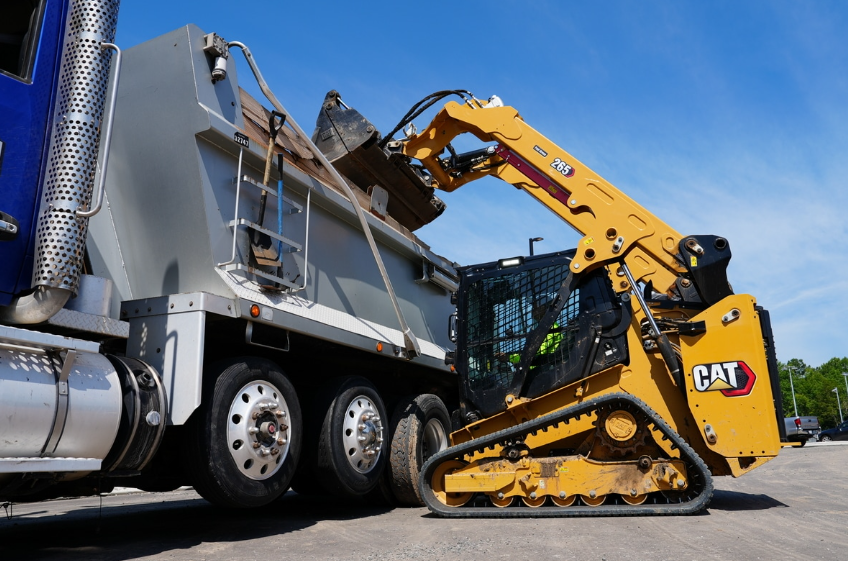As environmental sustainability becomes increasingly central to construction and civil works, compact skid steer loaders are undergoing a green transformation. Manufacturers are rapidly adopting new technologies that reduce emissions, improve efficiency, and meet the evolving regulatory landscape, particularly in urban centres across Australia. Here’s an overview of the latest green innovations reshaping these versatile machines.
Electrification of Skid Steers
One of the most significant changes in compact skid steer technology is the shift from diesel engines to fully electric drive systems. These electric loaders produce zero tailpipe emissions, significantly reduce operational noise, and match the torque and lifting capabilities of traditional models.
Machines such as the Elise and Rockeat series now use electric motors with advanced ball-screw actuators instead of hydraulics. This approach not only improves precision and durability but also eliminates many maintenance-intensive components.
See also: Can I install solar energy panels and do EV charging at home?
Advanced Battery Systems
Modern electric skid steers are powered by high-density lithium-ion batteries designed for long runtimes, often between eight to ten hours of continuous work. Sophisticated battery management systems (BMS) ensure optimal energy use, extend battery life, and support flexible charging options.
These batteries can be charged via standard 240V outlets or using dedicated fast-charging stations, making them ideal for construction sites or depot-based operations. Some models even integrate regenerative systems that recapture energy during braking or downward movements.
Remote-Controlled and Cabinless Design
Several new models offer remote control operation without a traditional operator’s cab. These machines are ideal for use in hazardous or restricted environments—such as tunnels, contaminated zones, or confined indoor spaces, where human presence is either impractical or unsafe.
Operators control the loader from a distance using video feeds and wireless controls, improving safety while allowing access to spaces where traditional machines simply can’t operate.
Digital Intelligence and Smart Features
With the rise of telematics and digital integration, compact skid steers are becoming smarter and more connected. These systems provide real-time data on machine health, battery status, service needs, and location, helping fleet managers maximise uptime and reduce operational costs.
Safety is also enhanced with the addition of 360-degree cameras, proximity sensors, and auto-braking systems. Furthermore, attachments are being redesigned for electric systems, ensuring optimal torque and energy use while maintaining versatility across tasks like trenching, augering, and material handling.
Environmental and Economic Benefits
Electric skid steers deliver impressive savings over their diesel counterparts. Operating costs are often 70-80% lower, with reduced fuel expenses and less frequent maintenance. By eliminating hydraulic fluid, filters, belts, and other consumables, owners can expect thousands of dollars in annual savings per unit.
From an environmental perspective, these machines contribute to lower greenhouse gas emissions and are ideal for projects in emissions-restricted zones or areas with strict noise ordinances. This makes them a natural fit for indoor works, urban developments, and sensitive environments like hospitals and schools.
Future Trends
The industry is moving toward increased automation and artificial intelligence. Semi-autonomous systems for repetitive tasks such as trenching or grading are in development, while advanced GPS and machine learning features promise to enhance productivity further.
Larger electric models are also entering the market, extending green technology to bigger excavators and tracked loaders. Simultaneously, mobile charging stations and on-site renewable energy solutions are being trialled to support a full transition to zero-emission job sites.
The Future of Green Construction
Green technology is revolutionising the world of compact skid steer loader rentals. From battery-electric powertrains and remote-control systems to smart sensors and near-silent operation, today’s machines are cleaner, safer, and more cost-effective than ever. As Australia continues to prioritise sustainability in construction and civil works, electric skid steers will undoubtedly play a key role in shaping the future of the industry.
